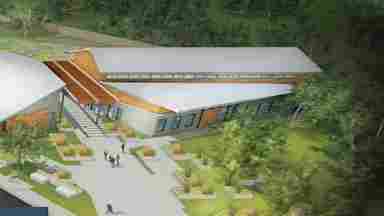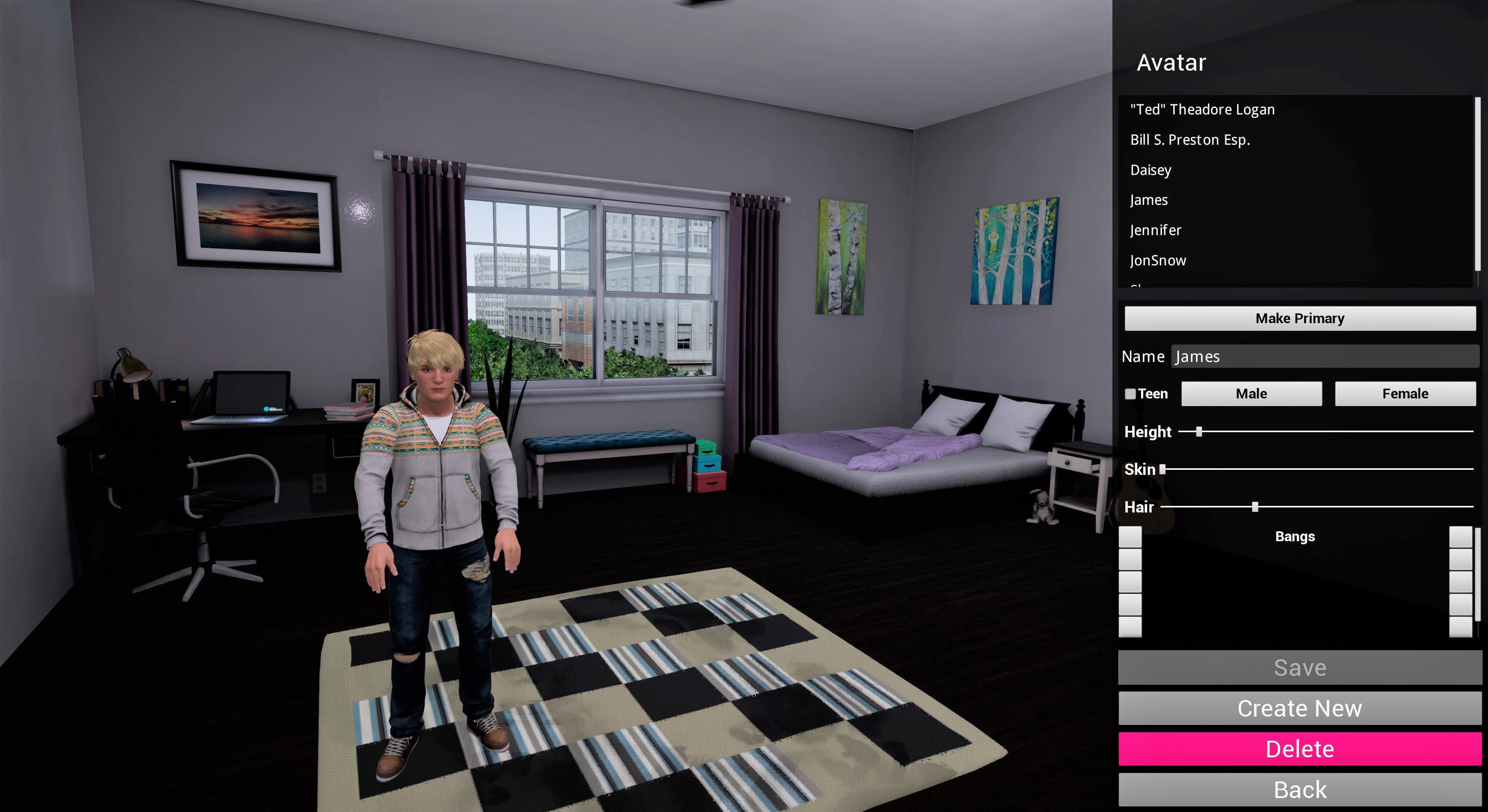
Empowering Young Adults With Autism for Workplace Success
Center for BrainHealth
Share this article

Maria Johnson, MA, CCC-SLP
Director, Youth and Family Innovations Lead Research Clinician and Trainer, Charisma Virtual Social Coaching
Related Information

Social Awareness Increases Prove Brain Changing in Adults With Autism
Researchers at Center for BrainHealth at The University of Texas at Dallas, in collaboration with co-leading authors at George Washington University and Yale, have demonstrated in a pilot study that a clinician-driven virtual learning platform, tailored to young adults on the autism spectrum, shows improved social competency.

Center for BrainHealth at UT Dallas and nonPareil Institute Partner to Get Adults With Autism Job-Ready
Charisma, which has been featured on The Today Show and CBS News, is a video-game-like environment that helps those with autism spectrum disorder and other social challenges.